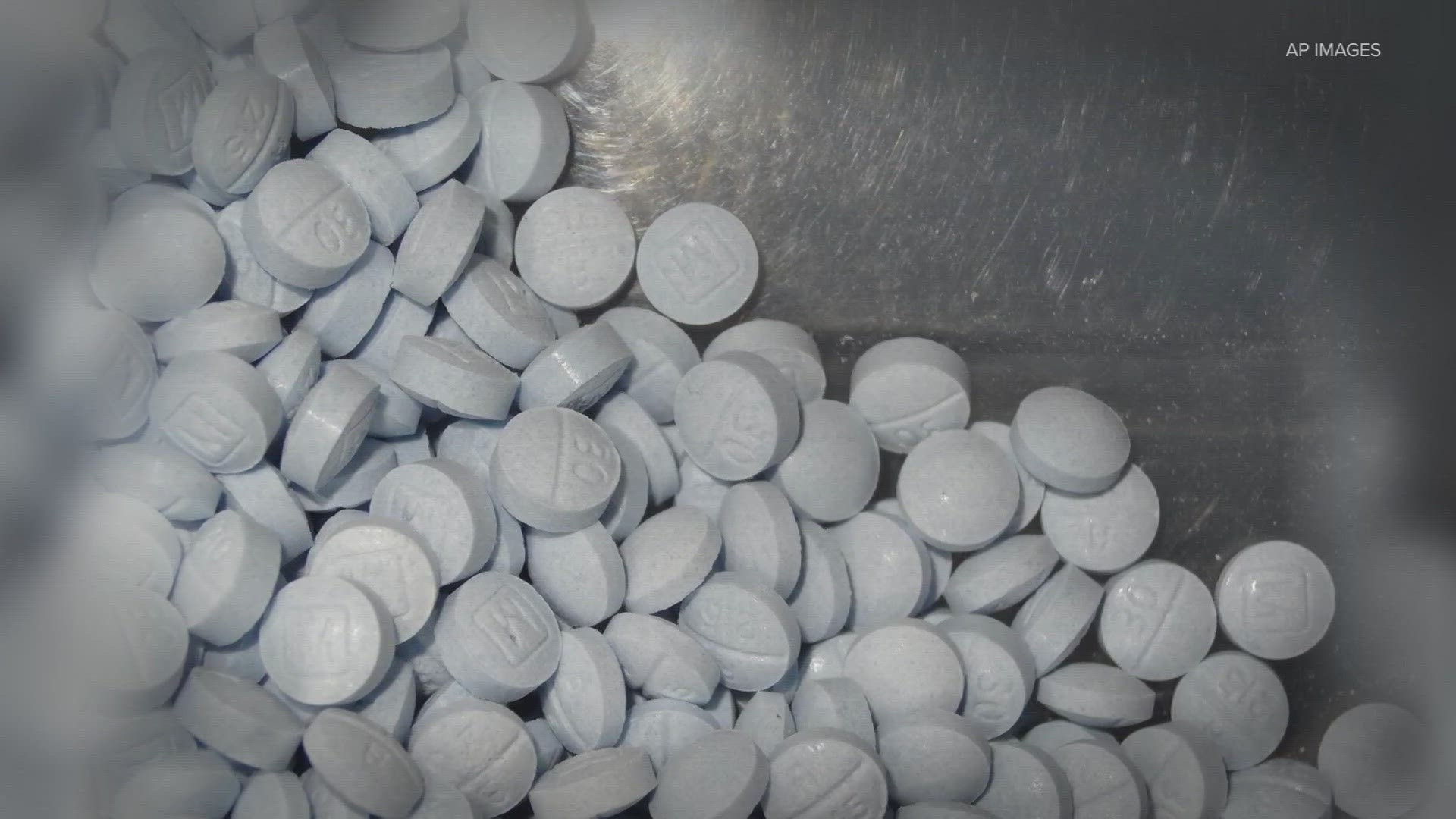SEATTLE — Gov. Jay Inslee announced that he will bring lawmakers back to Olympia for a special session on May 16 in an attempt to pass a new drug possession law before the current one expires in July.
“My office and I have been meeting with legislators from all four caucuses and I am very optimistic about reaching an agreement that can pass both chambers,” Inslee wrote in a press release. “Cities and counties are eager to see a statewide policy that balances accountability and treatment, and I believe we can produce a bipartisan bill that does just that. Details are still being negotiated, but caucus leaders share the desire to pass a bill. I believe that starting the clock on May 16 will put us on a path to getting the job done this month.”
Special sessions are 30 days but could be shorter if legislators agree on a proposal before that.
Washington state's current drug possession law expires July 1. It was created after the Washington Supreme Court struck down the main drug possession law in 2021 in a case known as State v. Blake, which found the statute violated the due process clause of the Constitution by allowing people to be arrested and convicted for drug possession, even if they didn't know they had drugs on them.
Lawmakers in Olympia tried to compromise on a new law before the regular session ended on April 23. Senate Bill 5536, which had been intensely negotiated to serve the interests of legislators pushing for a combination of both treatment and punishment, had Inslee's support. However, it was rejected at the last minute in the House.
Because the negotiated bill did not pass, drug possession would become legalized statewide come July 1, when the current law expires.
Because the Senate bill was voted down in the House, drug use ordinances have already been proposed by local jurisdictions. That includes King and Snohomish counties, as well as some cities.
House Republican leader Drew Stokesbary released the following statement after the special session was announced:
“House Republicans remain committed to passing statewide legislation that provides opportunities for those who are willing to undergo treatment and accountability for those who aren't. However, we will not support a bill that falls short of either of these goals and simultaneously prevents local governments from enacting their own solutions. Since the regular session adjourned, House Republican leaders have remained engaged in substantive, bipartisan and bicameral conversations regarding how to incorporate our caucus' priorities into new legislation that could be passed during a special session. The governor's announcement today doesn't change our involvement in finding a solution.”

